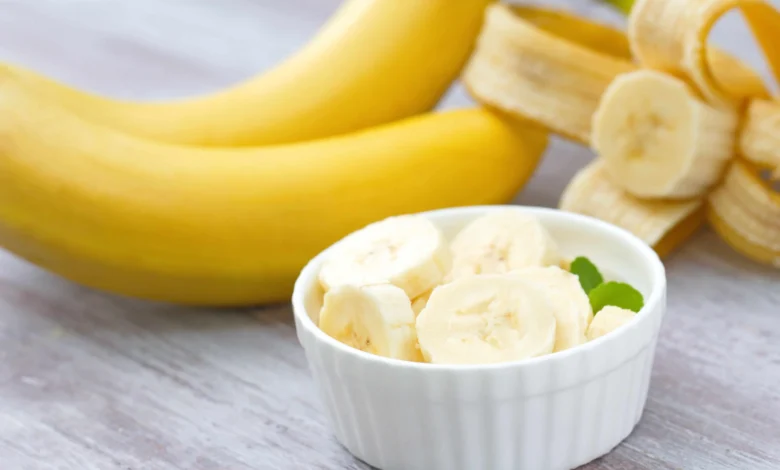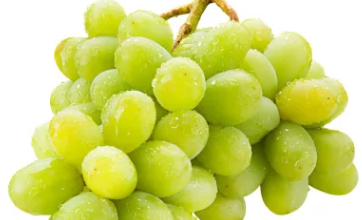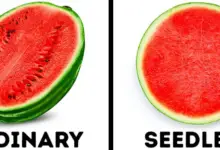Are Bananas Keto Diet Friendly? All You Need To Know

Many people like the keto diet because it can help them lose weight and feel healthier. This diet focuses on eating more fats and very few carbs.
Since bananas are sweet and good for you, some people on the keto diet might wonder if they can eat bananas. Let’s find out how bananas fit into a keto diet plan.
Table of Contents
What is the Keto Diet?
The keto diet is a way of eating that has fewer carbs and more fats to make the body use fat for energy. This process is called ketosis. Eating fewer carbs and more fats is key to success on the keto diet.
Bananas: High in Carbs or Not?
When doing keto, you need to keep an eye on how many carbs you eat. Bananas have more carbs than some other fruits. A medium banana has about 25 grams of carbs, mostly from sugar.
What Are Net Carbs?
Net carbs are what you get when you take total carbs and subtract fiber. Fiber is a carb, but it doesn’t raise your blood sugar much. Bananas have some fiber which can help with not having big changes in blood sugar.
Can You Eat Bananas on Keto?
Bananas usually have too many carbs for the keto diet, especially the strict kind where you only eat a small number of carbs each day. One banana might be too much for your carb limit. But if you are relaxed about your keto diet, you might have bananas sometimes.
Even though bananas have fiber, they are still high in carbs. On a strict keto diet, you might only eat 20-50 grams of carbs every day. So, a banana can take up a lot of that carb limit.
How to Eat Bananas in Moderation
If you want to eat bananas on a keto diet, you have to be careful not to eat too many. You may eat a little piece of banana as long as you track how many other carbs you have.
Make sure you also eat foods with lots of fiber, healthy fats, and a good amount of protein to help you stay in ketosis.
Tips for Including Bananas on a Keto Diet
If you sometimes eat bananas on the keto diet, here are helpful tips:
- Pick less ripe bananas: These have less sugar than ripe bananas. Go for ones that are green or just turning yellow to cut down on carbs and sugar.
- Watch the amount: Only eat a little bit of banana. You could add some slices to yogurt that doesn’t have a lot of carbs or on top of pancakes that are okay for keto.
- Combine with fats: The keto diet is big on fats, so eat your banana with something like almond butter or coconut cream. This can help keep the balance of your meal and avoid blood sugar spikes.
Conclusion
Bananas have lots of good things in them, but they are not great for a strict keto diet because they have a lot of carbs. If your keto diet isn’t super strict, you might be able to eat bananas from time to time.
Remember to eat fruits and veggies low in carbs and keep track of your portions and carbs. Everyone’s body is different, so find what works for you and listen to how your body feels.







